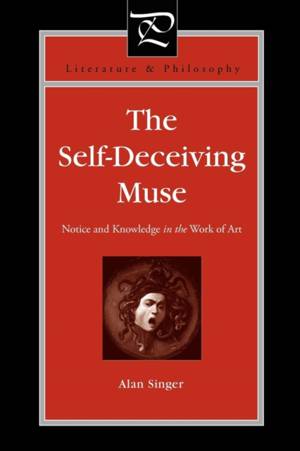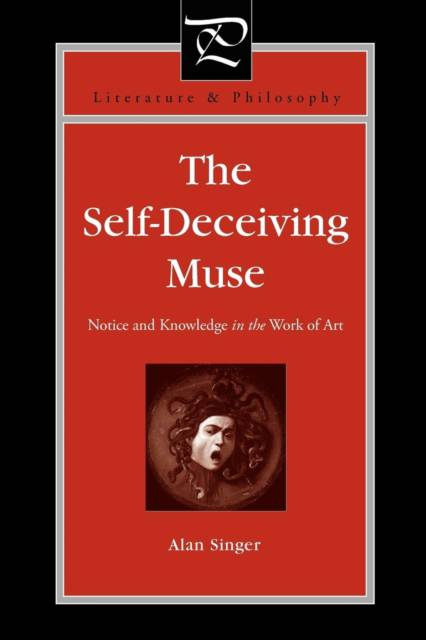
- Retrait gratuit dans votre magasin Club
- 7.000.000 titres dans notre catalogue
- Payer en toute sécurité
- Toujours un magasin près de chez vous
- Retrait gratuit dans votre magasin Club
- 7.000.0000 titres dans notre catalogue
- Payer en toute sécurité
- Toujours un magasin près de chez vous
Description
Current philosophical discussions of self-deception remain steeped in disagreement and controversy. In The Self-Deceiving Muse, Alan Singer proposes a radical revision of our commonplace understanding of self-deception. Singer asserts that self-deception, far from being irrational, is critical to our capacity to be acute "noticers" of our experience. The book demonstrates how self-deception can be both a resource for rational activity generally and, more specifically, a prompt to aesthetic innovation. It thereby provides new insights into the ways in which our imaginative powers bear on art and life. The implications--philosophical, aesthetic, and ethical--of such a proposition indicate the broadly interdisciplinary thrust of this work, which incorporates "readings" of novels, paintings, films, and video art.
Spécifications
Parties prenantes
- Auteur(s) :
- Editeur:
Contenu
- Nombre de pages :
- 240
- Langue:
- Anglais
- Collection :
Caractéristiques
- EAN:
- 9780271048468
- Date de parution :
- 15-01-13
- Format:
- Livre broché
- Format numérique:
- Trade paperback (VS)
- Dimensions :
- 152 mm x 226 mm
- Poids :
- 362 g

Les avis
Nous publions uniquement les avis qui respectent les conditions requises. Consultez nos conditions pour les avis.






